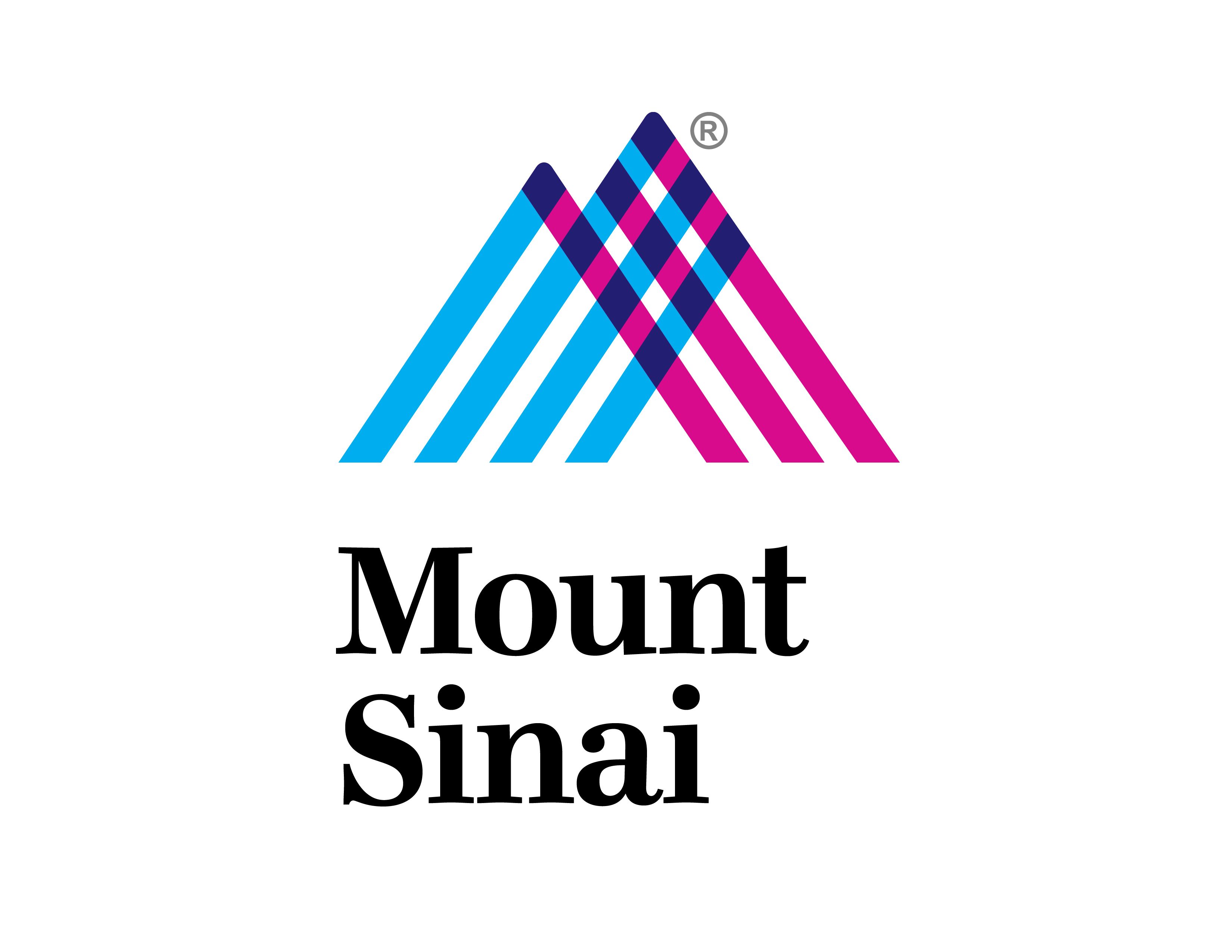
Linvoseltamab May Bring Multiple Myeloma Care Closer to Home: Sundar Jagannath, MBBS

The newly FDA-approved linvoseltamab (Lynozyfic; Regeneron) may improve access to multiple myeloma treatment by offering an off-the-shelf, outpatient option that can be administered in community settings, according to Sundar Jagannath, MBBS.
The
In this clip, Sundar Jagannath, MBBS, professor of medicine at the
He explains that equitable access to linvoseltamab may be more achievable than with other therapies due to its off-the-shelf availability, outpatient administration, and expected Medicare and Medicaid coverage, all of which could support broader use in community settings without requiring travel to specialized centers.
Watch
This transcript was lightly edited; captions were auto-generated.
Transcript
As access remains a key challenge in the oncology space, what steps need to be taken to ensure equitable access to novel agents like linvoseltamab?
Once the drug is approved by the FDA, in general, Medicare and Medicaid follow the rules, so they don't put up a roadblock. As you know, myeloma [has a] median age [of] about 69 or 70 in this country, if you look it up for this year. That means slightly more than half of the patients are in the Medicare category.
Then, other patients do have Medicaid. If they are US citizens with low income, it means they also have coverage. All the third-party payers follow once the FDA approves [the drug].
For me, this is much more universally available, especially since it's off the shelf. The question is, [for] CAR T [chimeric antigen receptor T-cell therapy], you have to send the patient to a Center of Excellence for a cellular therapy, where they do transplants. It is only [given] in academic centers and major centers, whereas [BCMA, B-cell maturation antigen] bispecifics, especially a bispecific like this, where you give it in outpatient and you just observe for 24 hours and send them home and give it once a week, could penetrate the community at large, in the practice, widely.
The patient doesn't have to go to a special center to get a bispecific antibody treatment. If at all, in the first 2 weeks of treatment, they can get it at a center where they are more familiar with handling this. After the full dose is over, the patient can get it closer to home. If you're in Needville, Texas, you could still get it in Needville, Texas; you don't have to go to Houston.
Newsletter
Stay ahead of policy, cost, and value—subscribe to AJMC for expert insights at the intersection of clinical care and health economics.








